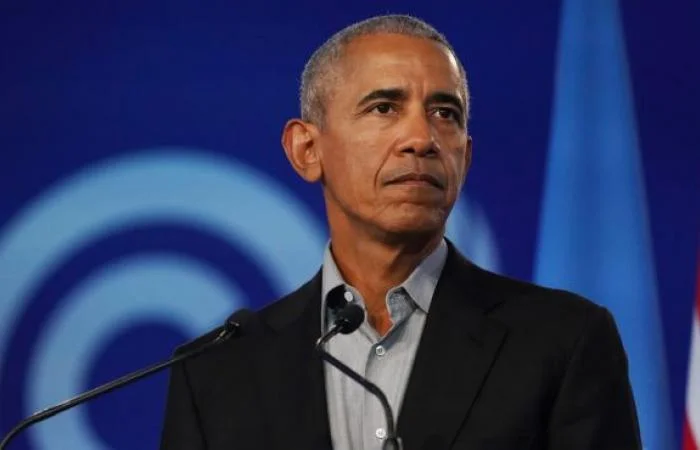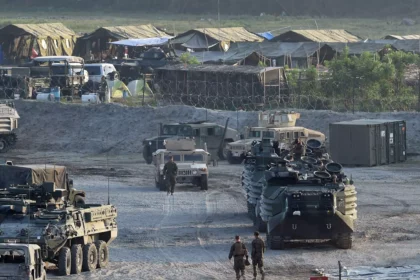Russia has recently imposed a ban on the entry of 500 individuals from the United States, including well-known personalities such as former President Barack Obama, late-night TV host Stephen Colbert, and CNN journalist Erin Burnett. This move by Russia is seen as a direct response to the anti-Russian sanctions enforced by the Joe Biden administration. The ban reflects Russia’s stance on events surrounding the storming of the US Capitol and further strains the already tense relations between the two nations.
The ban, announced by Russia’s Ministry of Foreign Affairs, encompasses a wide range of individuals, including political figures like Barack Obama and former US Ambassador Jon Huntsman. It also includes several US senators and Charles Q. Brown Jr., who is expected to assume the role of the future chairman of the joint chiefs. Notably, popular late-night TV hosts Jimmy Kimmel, Stephen Colbert, and Seth Meyers are also among those listed.
Russia’s Ministry of Foreign Affairs statement clarified that the ban goes beyond political figures and extends to individuals within the US government and law enforcement agencies who are directly involved in the persecution of dissidents. This persecution is in relation to the events that unfolded during the storming of the US Capitol on January 6, 2021. The incident involved supporters of former President Donald Trump who sought to obstruct the certification of Joe Biden as president.
Russian President Vladimir Putin, in a subsequent statement reported by Reuters, raised questions about the arrest of the rioters and implied that they had legitimate political demands. The ban on the “500 Americans” can be interpreted as Russia’s response to these events and its perception of the actions taken by the US government.
The list of sanctioned individuals, released on Friday, also included CNN anchor Erin Burnett, as well as other journalists such as Nick Paton Walsh, Bianna Golodryga, and Timothy Naftali from CNN. Notably, Nick Paton Walsh is a British citizen, despite the list being titled “500 Americans.”
The Ministry of Foreign Affairs justified the bans by stating that it is time for Washington to recognize that any hostile actions against Russia will be met with a strong reaction. However, the statement did not provide specific complaints against each individual or elaborate on the implications of the sanctions, apart from the entry ban.
The ministry also revealed that it continues to deny a US embassy request for consular access to American journalist Evan Gershkovich, citing the failure to issue visas to Russian journalists from the Lavrov pool. This refers to the visit of Russian Foreign Minister Sergey Lavrov to the United States in April.
In conclusion, Russia’s implementation of an entry ban on 500 prominent American figures, including politicians, journalists, and media personalities, represents its response to the anti-Russian sanctions imposed by the Biden administration. The ban reflects Russia’s stance on the events surrounding the storming of the US Capitol and its perception of the actions taken by the US government. While the implications for the listed individuals are limited to being prohibited from entering Russia, this move further strains the already tense relations between the two nations.




